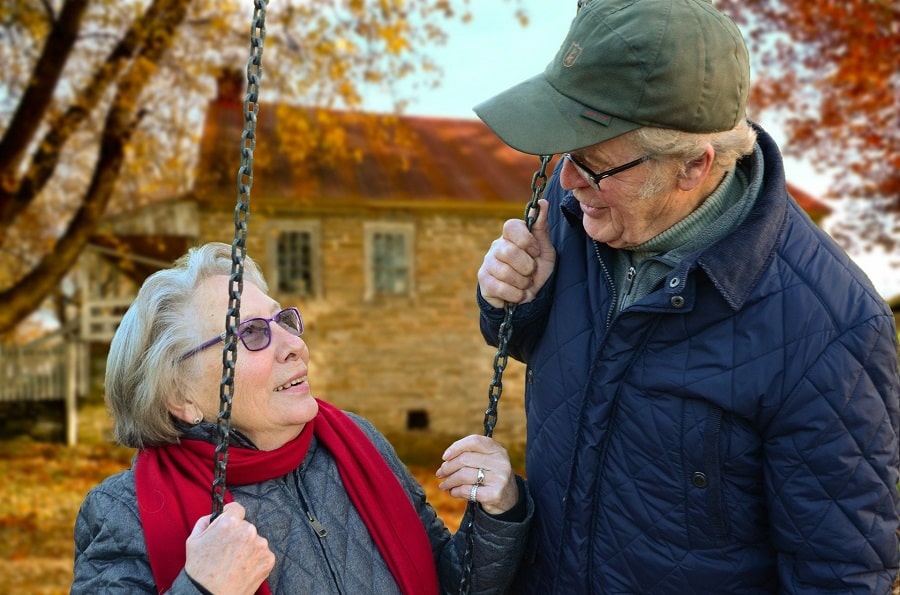Aging is a fact of life and affects everyone in society. As we grow up, we think of our parents as adults, and we may not completely understand the extent to which their aging will affect them or how it will affect us. If they are elderly and still in good health and live independently, we may not notice any dramatic changes or have any concerns.
 Nevertheless, the time comes when the symptoms of aging become more apparent, and long-term care may be required.
Nevertheless, the time comes when the symptoms of aging become more apparent, and long-term care may be required.
The general decline in mental and physical health can result in noticeable and even drastic changes in our parent’s appearance, their standard of living, and emotional well-being. The more we learn how aging will affect them, and what options are available to them as seniors and to us as caring grown children, the better for everyone concerned.
Let’s look at some of the important things that we should take into consideration in terms of their health and welfare during aging and how care, whether at home or in assisted living, can make a difference.
The basics of the integrity and physical and emotional well-being of our elderly parents are to ensure that their everyday living needs are met adequately. The main ones are generally referred to as:
- Eating
- Mobility
- Dressing
- Bathing or showering
- Personal hygiene (such as brushing hair, teeth, and shaving)
- Toilet hygiene
If they have limited mobility and health problems that make it difficult or impossible for them to take care of these tasks by themselves, then you need to find the appropriate support. Whether it is providing care or investing in proper equipment and supplies to help them continue to perform their daily tasks independently, be mindful that there are many choices and options available.
Looking about how and where elderly parents in caring families live is key to maintaining their well-being. Are they living alone? Do they live close to you or other supportive and caring relatives? Would they prefer to stay at home, or are they willing to move to another more accommodating place or living arrangement? These are all very important things that you need to consider and explore with your elderly parents seriously. Below are the most common types of living arrangements available to seniors.
Home Aging
Independent living and staying in their own home is the option of most seniors, and living independently at house can entail a number of home changes as well as home support from family caregivers or qualified caregivers.
Independent Living Communities
These are best suited to healthy, independent seniors who rent or buy a home in a neighborhood with other seniors. The services usually offered include gyms, clubhouses, maintenance of yards, housekeeping, and security in addition to transport, laundry service, community meals, and social activities.
Assisted Living Community
Seniors who are still reasonably independent but may need some support in their daily activities, such as food, dressing, washing, medical assistance, and transportation. You can look for one that is suitable by searching for assisted living near me.
Something to bear in mind is that caring for elderly parents should not be a hardship or a burden to bear alone. Help for caregivers is available. In addition to siblings and other relatives, there are specialists, resources, and a wealth of information to help you take care of elderly parents. There are many choices and options available to allow them to age well and comfortably.
Leave a Reply